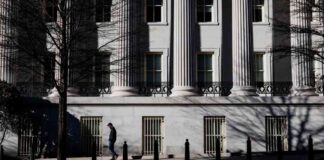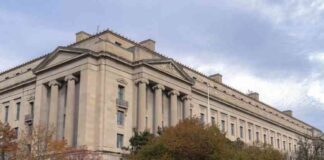India’s main opposition party is calling for an investigation into billionaire Gautam Adani’s business dealings after US prosecutors indicted him for allegedly promising bribes to Indian government officials. The opposition party leader, Rahul Gandhi, raised questions about Prime Minister Narendra Modi’s connection to Adani and suggested that their close relationship has protected Adani from facing corruption allegations.
Gandhi stated that the opposition parties will address the issue in parliament and push for a joint parliamentary committee to investigate the matter further. He also called for Adani’s arrest in light of the serious allegations made by US federal prosecutors. Adani Group has denied the allegations, stating that they will take legal action to defend themselves.
The accusations against Adani involve a scheme to pay over $250 million in bribes to secure solar energy contracts in India while misleading US investors. Despite these allegations, Adani continues to operate freely in the country, prompting concerns about the rule of law and accountability.
Both Modi and Adani have strong ties to the state of Gujarat and have benefited from each other’s rise to power. Adani’s business empire has expanded significantly, aligning with Modi’s development agenda in key sectors such as infrastructure, green energy, defense, and digital services.
Following the news of the indictment, Adani Group’s stocks plummeted in India, with Adani Enterprises Ltd. and Adani Green experiencing significant declines. The market reaction reflects investor concerns about the potential fallout from the legal challenges facing the conglomerate.
The situation raises broader questions about corporate governance, transparency, and accountability in India’s business landscape. The allegations against Adani highlight the risks associated with political connections and the need for robust oversight mechanisms to prevent corruption and malpractice in the corporate sector.
As the legal proceedings unfold, the spotlight will remain on Adani and his business empire, with implications for the broader Indian economy and investment climate. The outcome of this case will have far-reaching consequences for corporate India and could reshape the dynamics of business-government relations in the country.






















